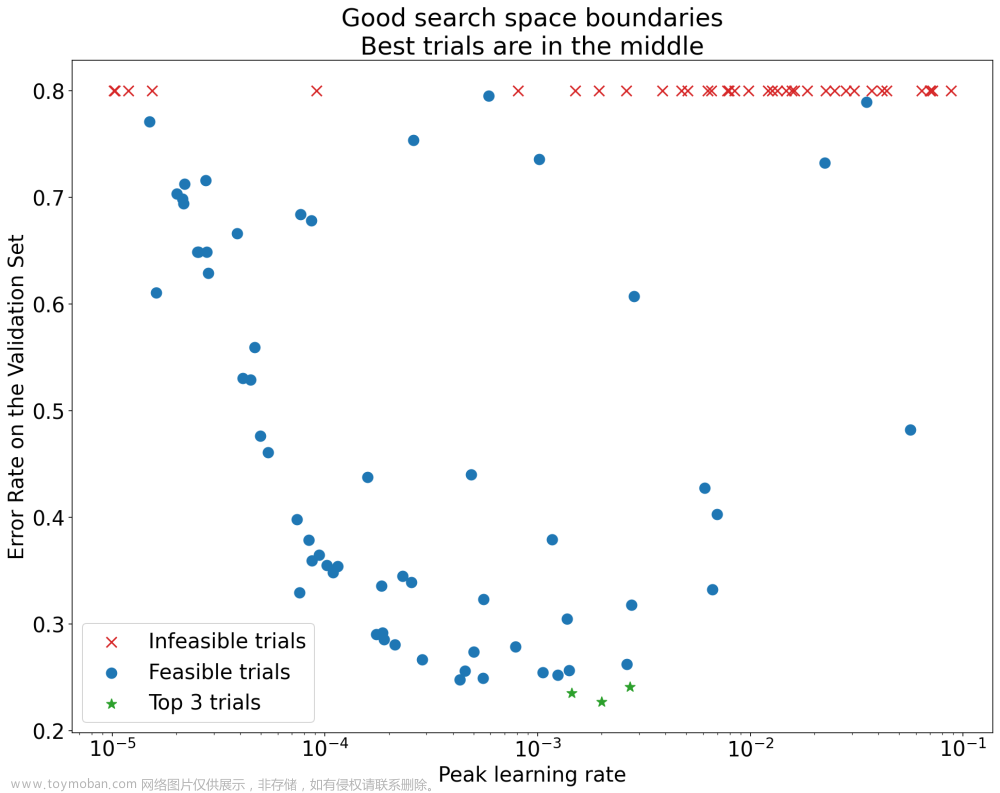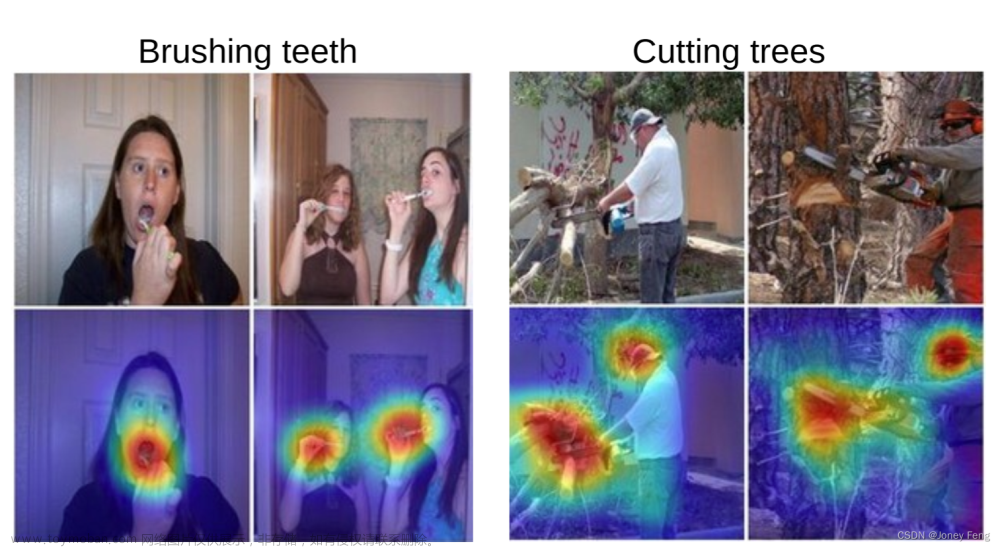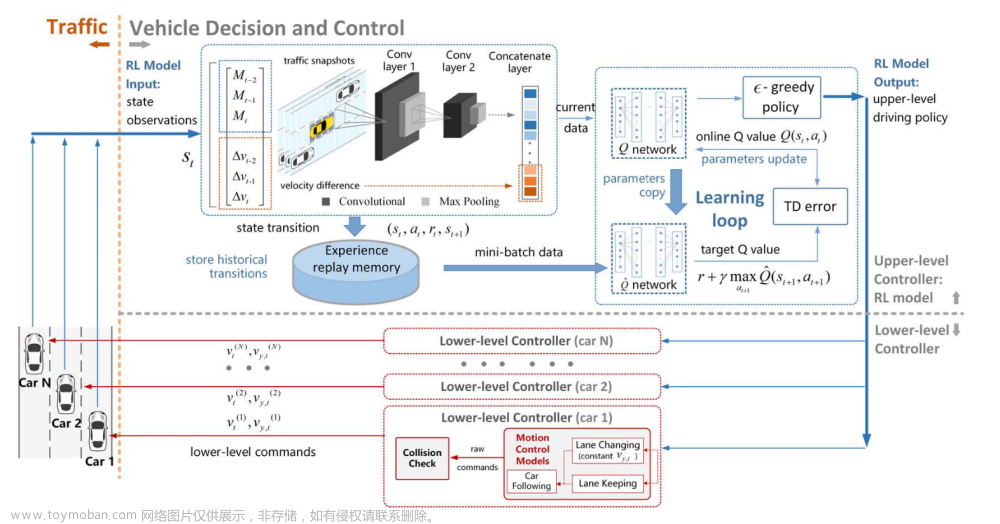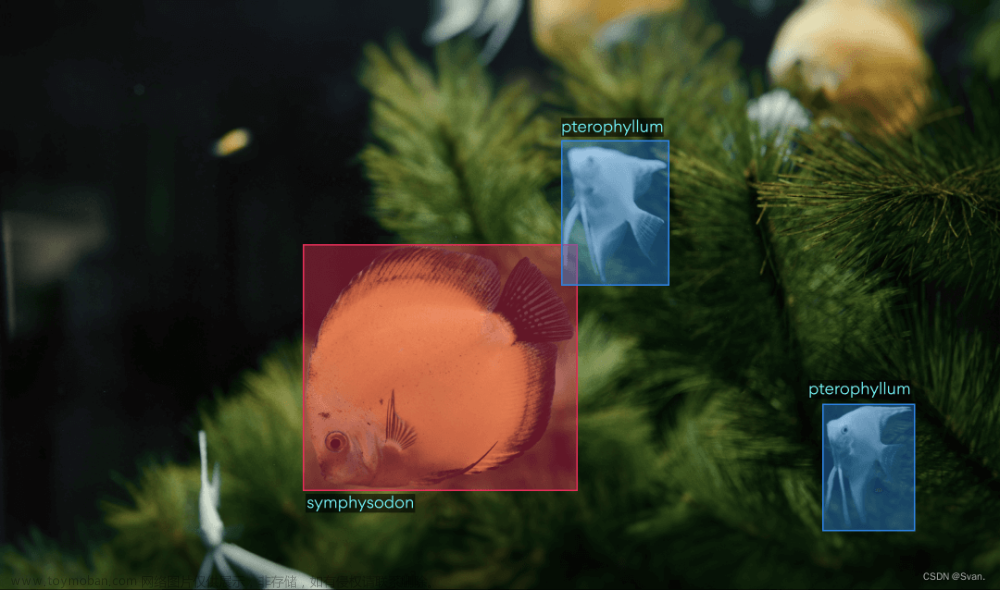Survey
An Overview of Catastrophic AI Risks. [paper]
Connecting the Dots in Trustworthy Artificial Intelligence: From AI Principles, Ethics, and Key Requirements to Responsible AI Systems and Regulation. [paper]
A Survey of Trustworthy Federated Learning with Perspectives on Security, Robustness, and Privacy. [paper]
Adversarial Machine Learning: A Systematic Survey of Backdoor Attack, Weight Attack and Adversarial Example. [paper]
Out-of-Distribution Generalization
Simple and Fast Group Robustness by Automatic Feature Reweighting. [paper]
Optimal Transport Model Distributional Robustness. [paper]
Explore and Exploit the Diverse Knowledge in Model Zoo for Domain Generalization. [paper]
Exact Generalization Guarantees for (Regularized) Wasserstein Distributionally Robust Models. [paper]
Rethinking the Evaluation Protocol of Domain Generalization. [paper]
Dynamic Regularized Sharpness Aware Minimization in Federated Learning: Approaching Global Consistency and Smooth Landscape. [paper]
On the nonlinear correlation of ML performance between data subpopulations. [paper]
An Adaptive Algorithm for Learning with Unknown Distribution Drift. [paper]
PGrad: Learning Principal Gradients For Domain Generalization. [paper]
Benchmarking Low-Shot Robustness to Natural Distribution Shifts. [paper]
eweighted Mixup for Subpopulation Shift. [paper]
ERM++: An Improved Baseline for Domain Generalization. [paper]
Domain Generalization via Nuclear Norm Regularization. [paper]
ManyDG: Many-domain Generalization for Healthcare Applications. [paper]
DEJA VU: Continual Model Generalization For Unseen Domains. [paper]
Alignment with human representations supports robust few-shot learning. [paper]
Free Lunch for Domain Adversarial Training: Environment Label Smoothing. [paper]
Effective Robustness against Natural Distribution Shifts for Models with Different Training Data. [paper]
Leveraging Domain Relations for Domain Generalization. [paper]
Evasion Attacks and Defenses
Jailbroken: How Does LLM Safety Training Fails. [paper]
REaaS: Enabling Adversarially Robust Downstream Classifiers via Robust Encoder as a Service. [paper]
On adversarial robustness and the use of Wasserstein ascent-descent dynamics to enforce it. [paper]
On the Robustness of AlphaFold: A COVID-19 Case Study. [paper]
Data Augmentation Alone Can Improve Adversarial Training. [paper]
Improving the Accuracy-Robustness Trade-off of Classifiers via Adaptive Smoothing. [paper]
Uncovering Adversarial Risks of Test-Time Adaptation. [paper]
Benchmarking Robustness to Adversarial Image Obfuscations. [paper]
Are Defenses for Graph Neural Networks Robust? [paper]
On the Robustness of Randomized Ensembles to Adversarial Perturbations. [paper]
Defensive ML: Defending Architectural Side-channels with Adversarial Obfuscation. [paper]
Exploring and Exploiting Decision Boundary Dynamics for Adversarial Robustness. [paper]
Poisoning Attacks and Defenses
Poisoning Language Models During Instruction Tuning. [paper]
Backdoor Attacks Against Dataset Distillation. [paper]
Run-Off Election: Improved Provable Defense against Data Poisoning Attacks. [paper]
Temporal Robustness against Data Poisoning. [paper]
Poisoning Web-Scale Training Datasets is Practical. [paper]
CleanCLIP: Mitigating Data Poisoning Attacks in Multimodal Contrastive Learning. [paper]
TrojDiff: Trojan Attacks on Diffusion Models with Diverse Targets. [paper]
Privacy
SoK: Privacy-Preserving Data Synthesis. [paper]
Ticketed Learning-Unlearning Schemes. [paper]
Forgettable Federated Linear Learning with Certified Data Removal. [paper]
Privacy Auditing with One (1) Training Run. [paper]
DPMLBench: Holistic Evaluation of Differentially Private Machine Learning. [paper]
On User-Level Private Convex Optimization. [paper]
Re-thinking Model Inversion Attacks Against Deep Neural Networks. [paper]
A Recipe for Watermarking Diffusion Models. [paper]
CUDA: Convolution-based Unlearnable Datasets. [paper]
Why Is Public Pretraining Necessary for Private Model Training? [paper]
Personalized Privacy Auditing and Optimization at Test Time. [paper]
Interpretability
Towards Trustworthy Explanation: On Causal Rationalization. [paper]
Don't trust your eyes: on the (un)reliability of feature visualizations. [paper]
Probabilistic Concept Bottleneck Models. [paper]
Explainable Artificial Intelligence (XAI): What we know and what is left to attain Trustworthy Artificial Intelligence. [paper]
eXplainable Artificial Intelligence on Medical Images: A Survey. [paper]



擅长现代信号处理(改进小波分析系列,改进变分模态分解,改进经验小波变换,改进辛几何模态分解等等),改进机器学习,改进深度学习,机械故障诊断,改进时间序列分析(金融信号,心电信号,振动信号等)
文章来源地址https://www.toymoban.com/news/detail-538099.html文章来源:https://www.toymoban.com/news/detail-538099.html
到了这里,关于可信深度学习Trustworthy Deep Learning相关论文的文章就介绍完了。如果您还想了解更多内容,请在右上角搜索TOY模板网以前的文章或继续浏览下面的相关文章,希望大家以后多多支持TOY模板网!














